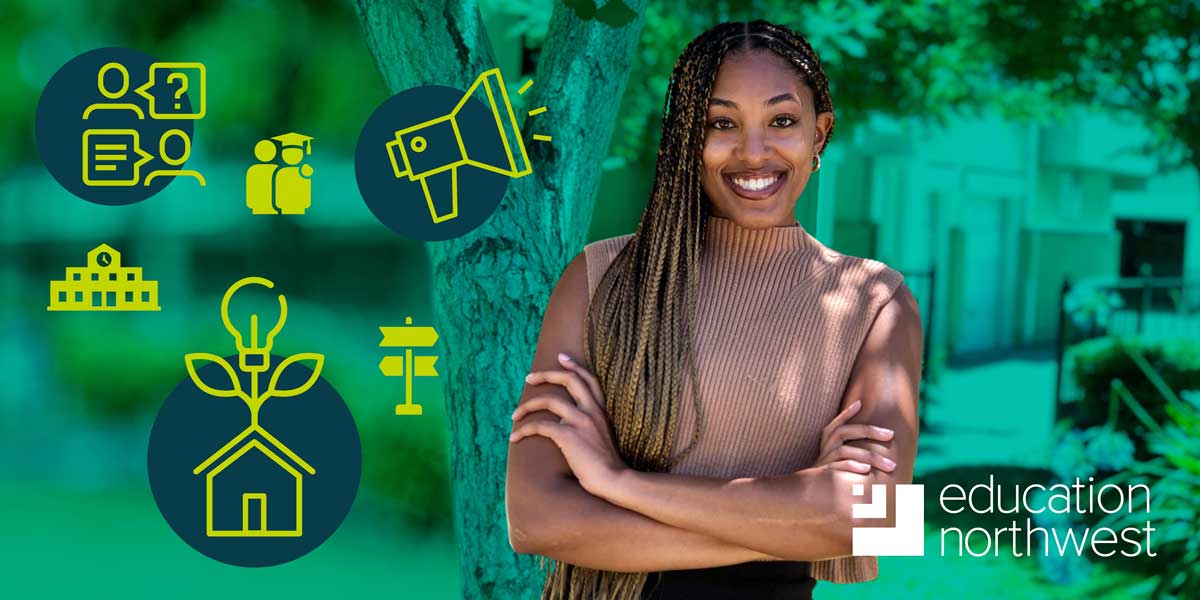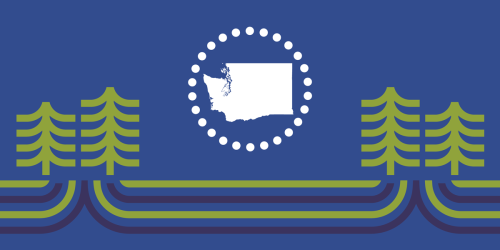How Black Students Make Decisions About Their Futures

Too often education research emphasizes Black students’ deficits rather than assets. The consistent focus on the “gap” in access to higher education, while that is very real and necessary to examine, often leads to deficit-based notions of Black student performance. What if we talked about how students come to make their decisions around college instead? Not just student choice, but the practices, assets, knowledge, and resources that influence such decisions. That might better account for the systemic barriers Black students face, both inside and outside of school. In my dissertation for the Higher Education and Organizational Change program at UCLA, I wanted to focus on how Black students make decisions about their lives after high school despite those barriers.
To investigate, I interviewed eight graduates of a high school in the Los Angeles Unified School District, three times each, over Zoom. The first interview was a traditional, semi-structured, hour-and-a-half interview. The second was a virtual walking interview in which participants used Google Maps or Google Earth to show significant places in their neighborhood. The third was a photo elicitation interview in which participants were asked to bring at least five photos of their time in high school that were significant to their decision-making practices. These conversations, framed by Black Critical Theory, Community Cultural Wealth, and Social Reproduction Theory, helped show how Black students make decisions about their lives after high school.
Faculty, Family, and Anti-Blackness Matter
These twenty-four interviews revealed that faculty, family, trauma, aspirational capital, pride and resilience, and anti-Blackness were the biggest factors influencing how these students made decisions about their education and career pathways. For now, we’ll focus on faculty, family, and anti-Blackness.
Faculty advice
Students’ teachers or guidance counselors play a big role in their decisions about what to do after graduation—for better and for worse. As one alumnus said, “if my counselor, someone who’s trained to do this, told me I can’t go to a four-year university, then I can’t go.” Conversely, students who did attend four-year schools were often pushed by faculty who thought they belonged there. Accordingly, students in career pathways, community college pathways, and four-year university pathways discussed not really having a “choice,” as their pathway was already determined for them. Participants took issue with this situation, with one participant sharing, "Because I’m able to perform in the white academic arena, that somehow makes me more valuable than the folks who look like me and weren’t able to."
Family knowledge
Family was also a big factor for the participants of this study. The information families have and how they navigate certain school structures influence students’ decisions. In fact, participants discussed being able to navigate school systems because of their families’ knowledge, which ultimately led to their success in high school. For example, participants discussed using other family members’ addresses for access to better schools and college and career networks that led them to where they are today, and their families’ help with their various passions (such as music, college applications, or trade schools).
Anti-Blackness everywhere
Anti-Blackness is embedded in the Black experience—at school, in the community, and at home. Throughout each interview, participants discussed the environmental racism and over-policing in their communities, deficit thinking from teachers and counselors, loss, violence, and more. Such experiences profoundly impact their decisions and who they are as people. As one young alum said:
Black people are predisposed to [harmful] positions on a collective level and are disproportionately harmed in a myriad of ways because of a deep prejudice against Black people. Anti-Blackness refers to the ways that Blackness is in opposition to whiteness and that position renders Black people unable to achieve a true authentic humanity because Blackness is positioned against humanity in a way.
Most participants agreed that anti-Blackness is ever-present in all aspects of life. Nonetheless, participants discussed ways their pride in their racial identity, their community, and their resilience have influenced who they are and the decisions they make. Participants discussed wanting to keep their community Black despite gentrification, while one stated, “the area has impacted me a lot just by like taking pride of who I am, where I’m from and just seeing how thick-skinned our people are.”
What Educators Should Do
Participants in my study provided valuable insights into how education stakeholders could better support them, and students like them.
Support schools to support students
Some participants had very negative experiences with their college counselors. High schools should start by providing better training to the adults who advise our youth, so their own biases aren’t interfering with students’ futures.
Educators need support as well. We have to increase staffing and give teachers and counselors the resources they need to succeed. Canceling student loan debt would also change students’ decision-making processes about whether to attend college.
Community colleges are the first route to higher education—not just for Black students, but for most students today. These institutions must provide more guidance and incorporation of students’ assets and identities, which should help with retention and transition to a four-year institution or career pathway.
Acknowledge the reality of racism
Black students, like students of all backgrounds, need and deserve classes and curriculum that address their everyday experiences and cultures. Those cultural elements must be brought into the classroom if we are to truly support these students.
Despite the anti-Blackness they experience every day, some study participants weren’t prepared for some of the racism they encountered in college. They come from a predominantly Black and Latinx school, and their communities and families have the same background they do. They didn’t necessarily have a lot of history interacting with people from different races, and that adjustment could be challenging.
What’s going on in the wider world influences student behaviors, too. Protests of the murder of George Floyd were in the news every day during my first round of interviews. My interviewees were alumni and had already made their college decisions, but a few of them noted that they didn’t think college would be the first thing on their mind were they making their decisions in that context. Schools (both secondary and postsecondary) must take note of that and learn how to effectively and mindfully bring those conversations to the classroom.
Amplifying Voices
I believe that deep, qualitative studies are essential for uplifting marginalized voices and ensuring our education system works for them. Now that I’ve joined Education Northwest, I’m excited about continuing to work on understanding the experiences of underrepresented populations and amplifying their voices.



